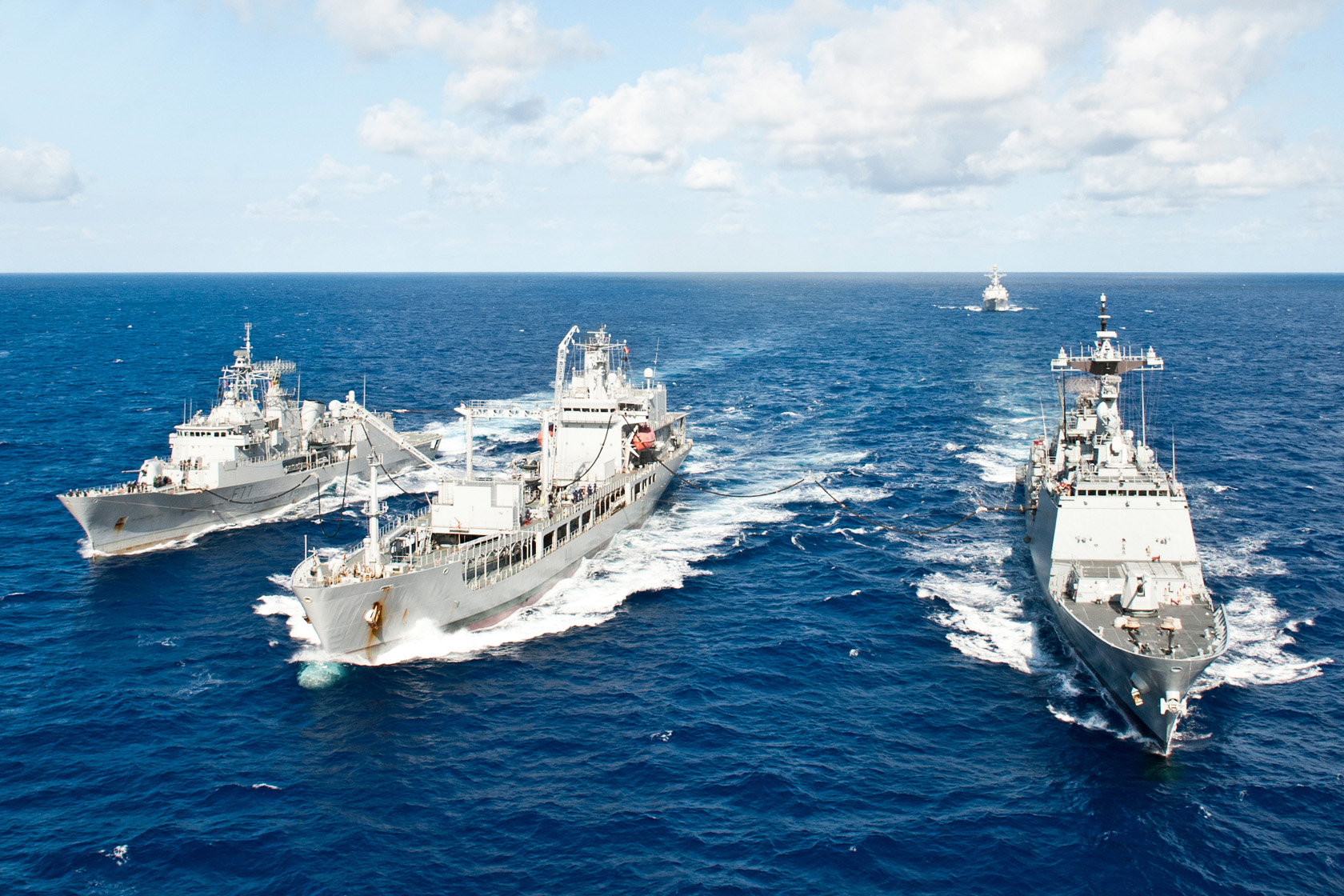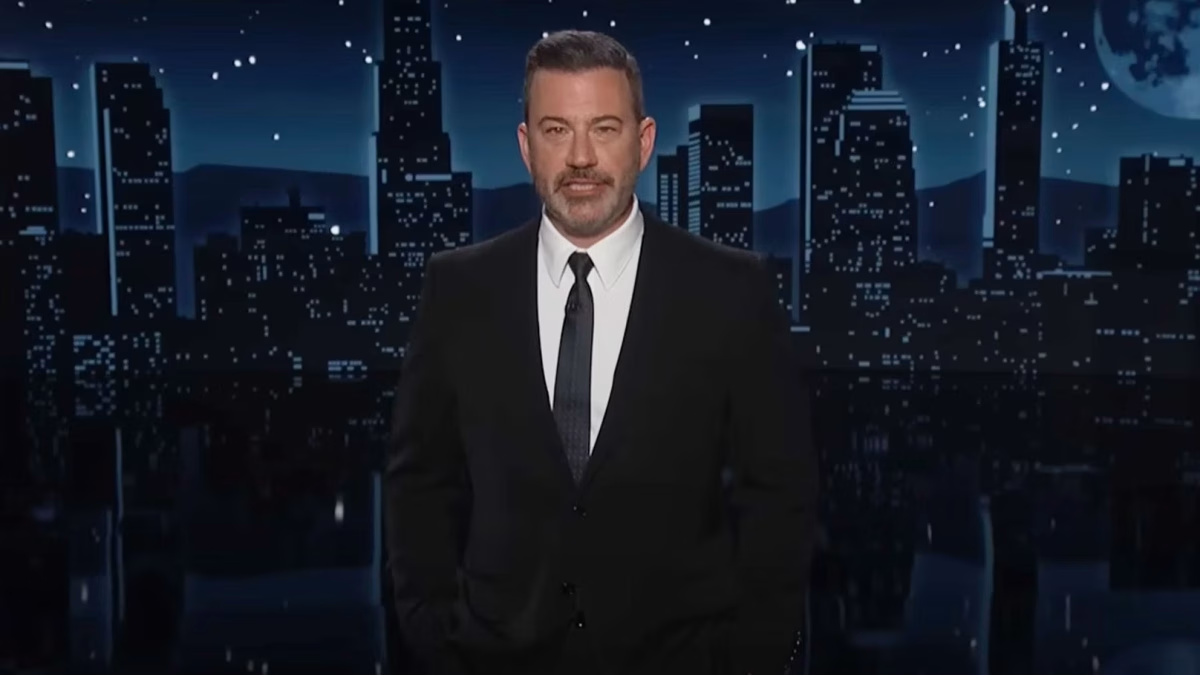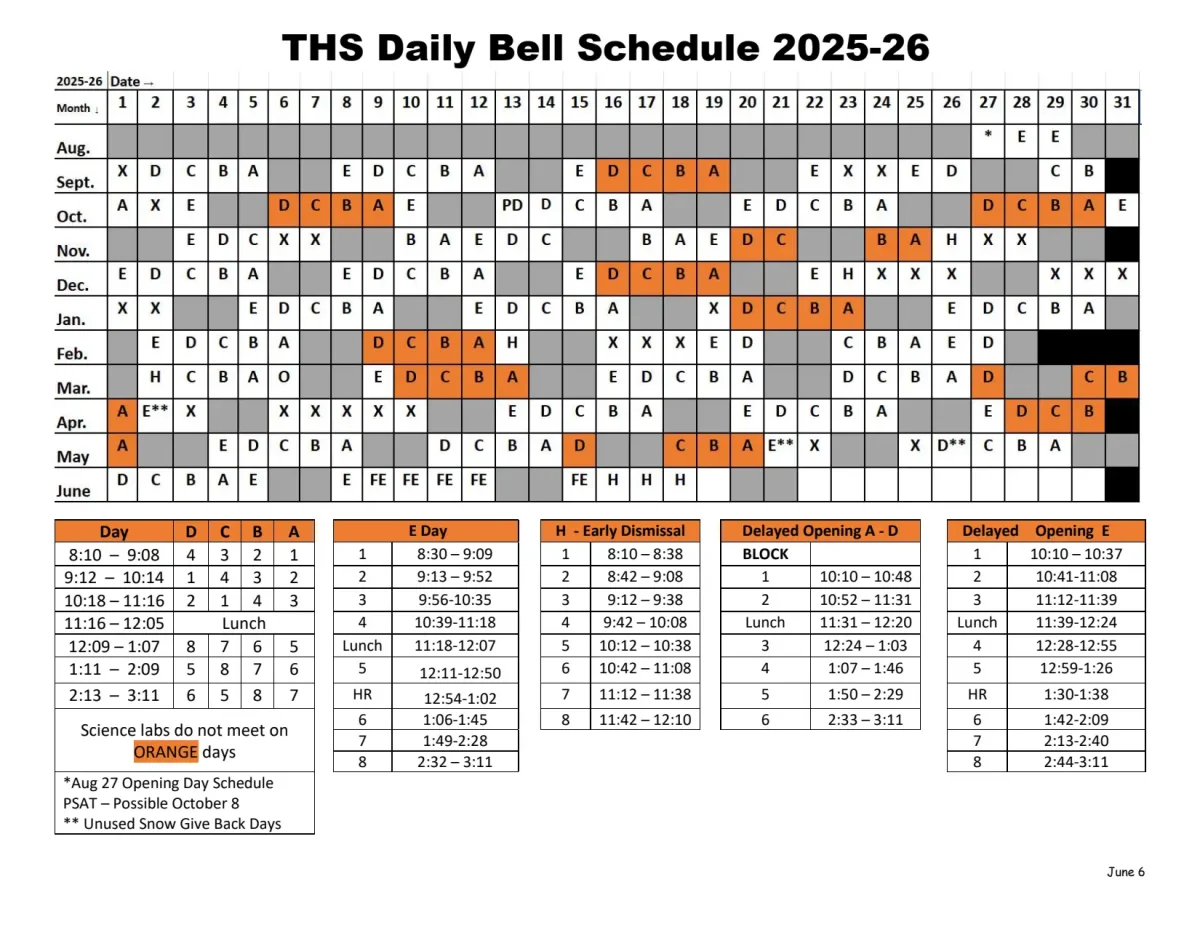On Tuesday, December 10, Taiwan reported that China was carrying out its most extensive maritime operations in almost three decades, deploying approximately 90 naval and coast guard ships across waters ranging from the southern Japanese islands to the South China Sea. Taiwanese defense officials noted that the scale of this deployment indicated that China was not only demonstrating its ability to isolate the self-governed island but also aiming to prevent American allies in the region, such as Japan and the Philippines, from coming to Taiwan’s aid.
General Hsieh Jih-sheng, a senior official in Taiwan’s Ministry of Defense, told reporters that China has “extended their military strength outward,” noting that “the numbers are indeed astonishing,” addressing the increase in Chinese vessels in the region, according to The New York Times. Sun Li-fang, a spokesman for Taiwan’s defense ministry, stated that these maritime applications were the greatest Taiwan had witnessed since 1996. Officials confirmed that Taiwan was on high alert in response to the presence of the Chinese naval force, which was primarily positioned off Taiwan’s southwest, east, and northwest coasts.
China’s intentions were unclear at the time, as there were no official announcements from Beijing indicating that its forces were conducting military exercises. However, suspicions solidified this Tuesday when Mao Ning, the spokeswoman for China’s foreign ministry, avoided giving answers to a question on whether China was holding drills near Taiwan. Speculation had been amplified for several days that China might initiate war games in response to recent visits by Taiwan’s President Lai Ching-te to Hawaii and the U.S. territory of Guam. These visits occurred last week as part of Lai’s trip to the Pacific islands. China considers Taiwan, a democratic island, to be part of its territory and opposes formal interactions between Taiwan and its allies, such as the United States. Beijing strongly criticized Lai’s visit to Guam, particularly after he held a phone call with U.S. House Speaker Mike Johnson.
Taiwan reported detecting roughly 90 ships in the surrounding region, with two-thirds of them being naval vessels. Taiwan’s defense ministry officials noted the presence of 47 Chinese warplanes and 12 Chinese naval ships near the island. Taiwanese national security officials stated that it took China over two months to gather the ships and thousands of naval personnel for the procedure. General Hsieh advised that China’s lack of public acknowledgment of the deployment was intended to catch Taiwan impromptu. Taiwanese analysts speculated that China was adopting a low-profile strategy to avoid escalating tensions with other nations.
“The purpose is to show its dissatisfaction [with Mr. Lai], but to avoid an excessive international backlash,” Su Tzu-yun, a security analyst at the Institute for National Defense and Security Research in Taipei, said, according to The New York Times.
Since Lai’s inauguration in May, China has carried out two significant military exercises, the most recent of which took place in October. This drill featured extensive operations around Taiwan, involving multiple branches of the military, including the army, navy, air force, and the Liaoning aircraft carrier. The exercises were a direct response to Lai’s National Day speech, which Beijing viewed as promoting Taiwan’s independence, according to The New York Times. During the drills, China flew a record 125 aircraft near Taiwan and deployed numerous naval and coast guard vessels. While such exercises have become routine under Xi, this one stood out due to its scale and the focus on testing China’s ability to impose a blockade. The drills also risk further straining U.S.-China relations, with the U.S. condemning them as provocations. However, China appeared to calibrate the drills to avoid major disruption, signaling their resolve without overstepping, likely to prevent harming its recent economic stabilization efforts and international investor confidence.
These drills have simulated surrounding Taiwan, aiming to intimidate the island and send a message to the U.S. to not underestimate Beijing. In addition to these exercises, China regularly pressures Taiwan by deploying warplanes and naval vessels to test and strain the island’s defenses. The recent surge in Chinese ships could also be a gesture to the incoming Trump administration, which has yet to clarify its stance on Taiwan. President-elect Donald Trump has urged Taiwan to boost its military expenditure and has criticized the island’s dominance in semiconductor production. However, some of his appointees seem to support a more confrontational approach toward China, with increased support for Taiwan.
During his visit to Hawaii, Lai met with State Governor Josh Green and gave a speech on Taiwan’s security at the East-West Center, a nonprofit dedicated to education and research. He also had a 20-minute phone conversation with former U.S. House Speaker Nancy Pelosi, during which they discussed China’s increasing military threats and Taiwan’s semiconductor industry, according to Lai’s spokeswoman, Karen Kuo. Following his time in Hawaii, Lai traveled to the Marshall Islands, Tuvalu, and Palau—three Pacific Island nations that, along with a few others, continued to have diplomatic relations with Taipei instead of Beijing.
One of the most contentious issues between the U.S. and China is the status of Taiwan. Xi has declared that “reunification” with Taiwan is “inevitable,” and warned that Beijing is prepared to resort to force if needed to achieve this goal. In response, the U.S. observes the Taiwan Relations Act of 1979, which mandates that the U.S. help Taiwan maintain the ability to defend itself.
Although the U.S. has been selling arms to Taiwan for decades, China continues to condemn it. Last week, in response to Washington’s approval of a $387 million defense package for Taiwan in November, Beijing imposed sanctions on over a dozen U.S. defense companies and several defense industry executives.
“Buying weapons cannot buy security, and ‘protection fees’ cannot guarantee Taiwan independence,” Chen Binhua, a spokesperson for China’s Taiwan Affairs Office, stated earlier this month, according to The New York Times.














